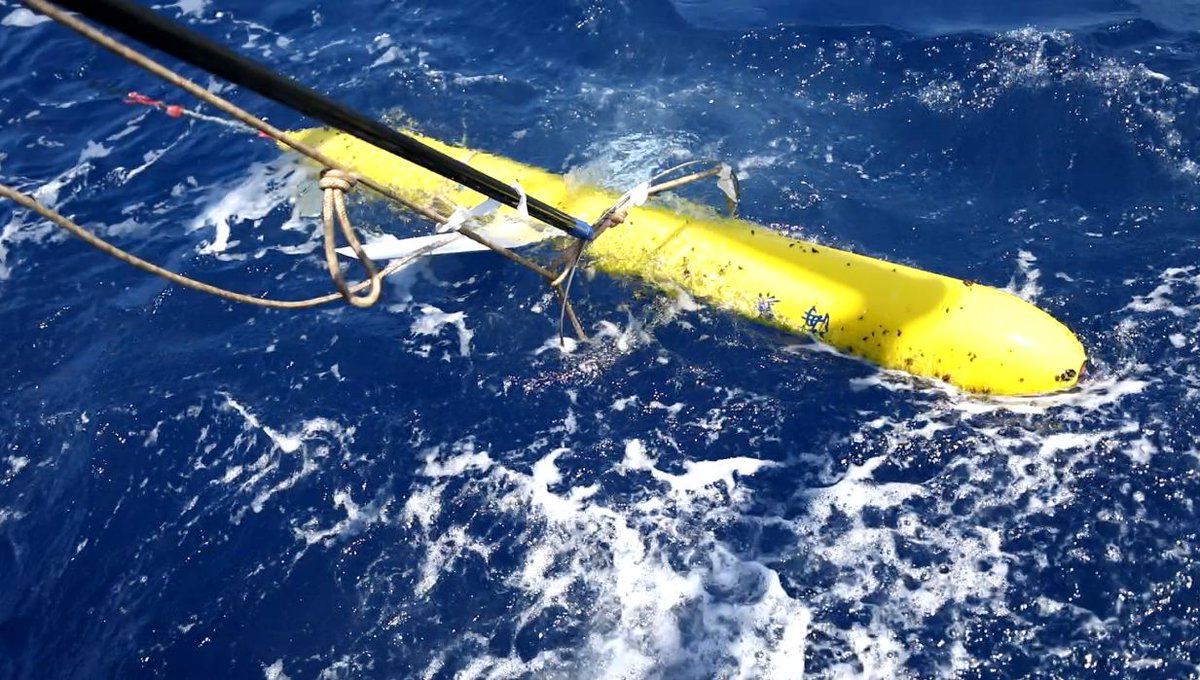Another Beijing official has sounded off about the communist nation’s perceived dominance of the South China Sea region, this time coming as an alarming threat of inflicting mass casualties on the U.S. Navy.
During a Dec. 20 speech to the 2018 Military Industry List summit, China’s Rear Adm. Lou Yuan, the deputy head of the Chinese Academy of Military Sciences, added fuel to the South China Sea fire when he stated the key for Chinese domination in those hotly contested waters could lie in the sinking of two U.S. aircraft carriers, according to a report by
.
"What the United States fears the most is taking casualties,” the admiral said, before adding that such an attack on two of the U.S. Navy’s steel behemoths would claim upwards of 10,000 lives.
Lou went on to call America’s military, money, talent, voting system and fear of adversaries the five U.S. weaknesses that can be easily exploited, according to the report.
"We’ll see how frightened America is,” he said.
China’s ongoing insistence on expanding its territory into the
has agitated neighboring nations and continuously challenged international law, an assertiveness the U.S. attempts to check through routine freedom of navigation operations, or
.
"There are consequences that will continue to come home to roost, so to speak, with China if they don’t find a way to work more collaboratively with all of the nations who have interests,” former Defense Secretary Jim Mattis said in November.
"International law allows us to operate here, allows us to fly here, allows us to train here, allows us to sail here, and that’s what we’re doing and we’re going to continue to do that,”
, spokesman for the aircraft carrier Carl Vinson, said last February.
The
when it became the first U.S. carrier to visit a Vietnamese port in more than four decades, a port call that added even more tension to the already-strained U.S.-China relationship.
“The Chinese side made it clear to the United States that it should stop sending its vessels and military aircraft close to Chinese islands and reefs and stop actions that undermine Chinese authority and security interests,” Yang Jiechi, director of China’s Central Foreign Affairs Commission said in November.
Jiechi’s stance was dangerously emphasized last September when a Chinese warship
with the American guided-missile destroyer Decatur in what the U.S. Navy called an “unsafe and unprofessional maneuver.”
“They were positioning in to close on our port side, were trying to push us out of the way," a Decatur sailor said in a
.
China’s other primary point of contention with the U.S. has been its friendship with Taiwan, a self-ruled democratic island that Beijing
.
Arms deals between the U.S. and Taiwan have drawn the China’s ire and when the 2018 National Defense Authorization Act floated the possibility of future visits by American warships to Taiwanese ports, Chinese officials responded by issuing threats, with one such warning coming from Adm. Lou.
“If the US naval fleet dares to stop in Taiwan, it is time for the People’s Liberation Army to deploy troops to promote national unity on (invade) the island,” he said. "Those who are trying to stir up trouble in the South China Sea and Taiwan should be careful about their future.”
Wang Hongguang, a retired lieutenant general of the People’s Liberation Army, emphasized Lou’s proclamations.
“The PLA is capable of taking over Taiwan within 100 hours with only a few dozen casualties,” he said in the report. “A possible military conflict may take place in Taiwan soon. (But) As long as the US doesn’t attack China-built islands and reefs in the South China Sea, no war will take place in the area.”
Frequent military drills directly over or adjacent to
, meanwhile, have cut off access to the island’s dwindling list of partner nations and stirred concern among Taipei’s defense officials.
“The Chinese military’s strength continues to grow rapidly,” Taiwan’s Ministry of National Defense said in a late 2017 report obtained by
. “There have been massive developments in military reforms, combined operations, weapons development and production, the building of overseas military bases and military exercises, and the military threat towards us grows daily.”
Ongoing invasion threats have been openly disputed by Taiwan’s mainland affairs minister, Chang Hsiao-Yueh, who issued a warning of her own last year.
“If they invade Taiwan militarily they will pay a very very high price," she said. "And so far I believe that’s the last resort if all the other means [of unification] are failed then finally they will do that.”

